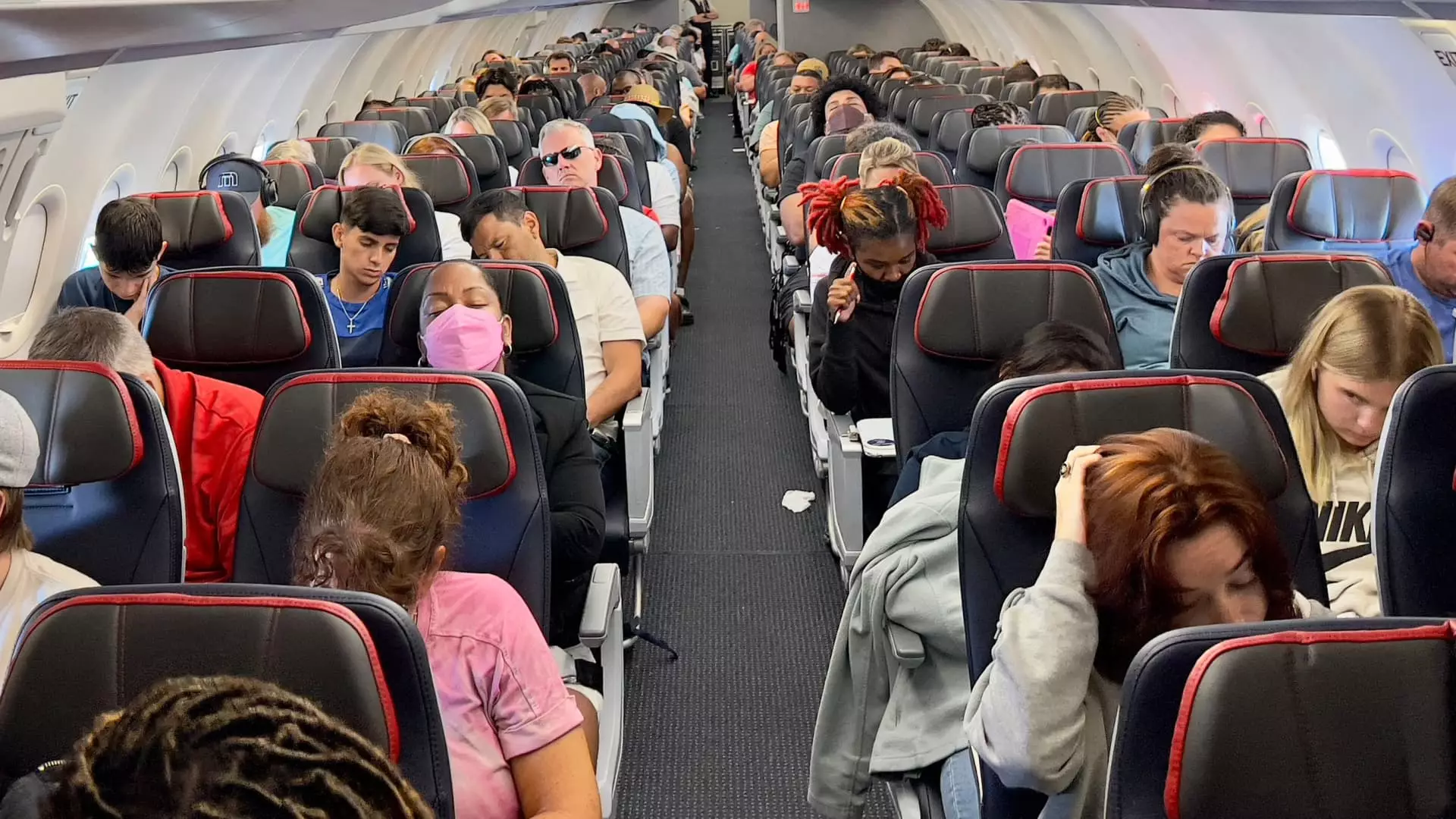In recent years, a significant evolution has transpired within the U.S. airline industry, particularly regarding the implementation of seat selection fees. A report from the Senate Permanent Subcommittee on Investigations sheds light on the staggering $12.4 billion that major airlines, including American, Delta, United, Spirit, and Frontier, garnered from these fees between 2018 and 2023. This sum encompasses charges for desirable seating options, such as those with extra legroom or located in preferred areas of the aircraft. The data illustrates not only a critical shift in airline revenue structures but also a growing trend toward monetizing aspects of air travel that were historically included in ticket prices.
The scrutiny from the Senate indicates that while airlines have eliminated change fees for standard economy tickets, they have simultaneously implemented charges for selecting more spacious or advantageous seating arrangements. This practice highlights a paradox in consumer freedoms; while flyers may seemingly benefit from lower base fares, the add-on fees can frustrate customers seeking a more comfortable or strategically-located seat. Furthermore, the surge in premium seating options reflects an aggressive strategy by airlines to bolster their revenue streams, indicating a shift towards a more commodified travel experience where comfort comes at a premium.
Senator Richard Blumenthal, chair of the subcommittee, is set to address these concerns during a hearing scheduled for December 4, titled “The Sky’s the Limit—New Revelations About Airline Fees.” This event underscores the urgent need for regulatory oversight to ensure that airline practices remain fair and transparent. The Biden administration has prioritized mitigating so-called “junk fees” in various sectors, including airlines. The implications of this movement are profound, as it prompts a reevaluation of the value consumers receive in relation to the costs they incur.
Interestingly, Airlines for America, a representative trade group for major U.S. carriers, has defended the current practices, arguing that air travel has become more accessible and customizable for consumers. They assert that customers are empowered to decide which additional services they wish to pay for, thereby allowing for a more tailored travel experience. Nonetheless, such a claim raises important questions about the balance between consumer choice and the potential for exploitative pricing tactics that can diminish the overall flying experience.
As the airline industry continues to navigate the complexities of consumer demand and competitive pressures, the discourse surrounding seating fees is likely to intensify. Advocacy for clearer pricing structures and more transparent fee disclosures will become paramount, especially in light of consumer frustrations stemming from what many perceive as hidden costs. The outcome of the upcoming Senate hearing could set a precedent for how airlines approach pricing strategies in the future, making the dialogue around these fees essential for both consumers and industry stakeholders alike.
While the argument for affordability and choice in air travel is compelling, a critical examination reveals potential pitfalls that complicate the travel experience. The ongoing scrutiny of airline practices may lead to a more equitable market that prioritizes transparency and fairness for the flying public.


Leave a Reply